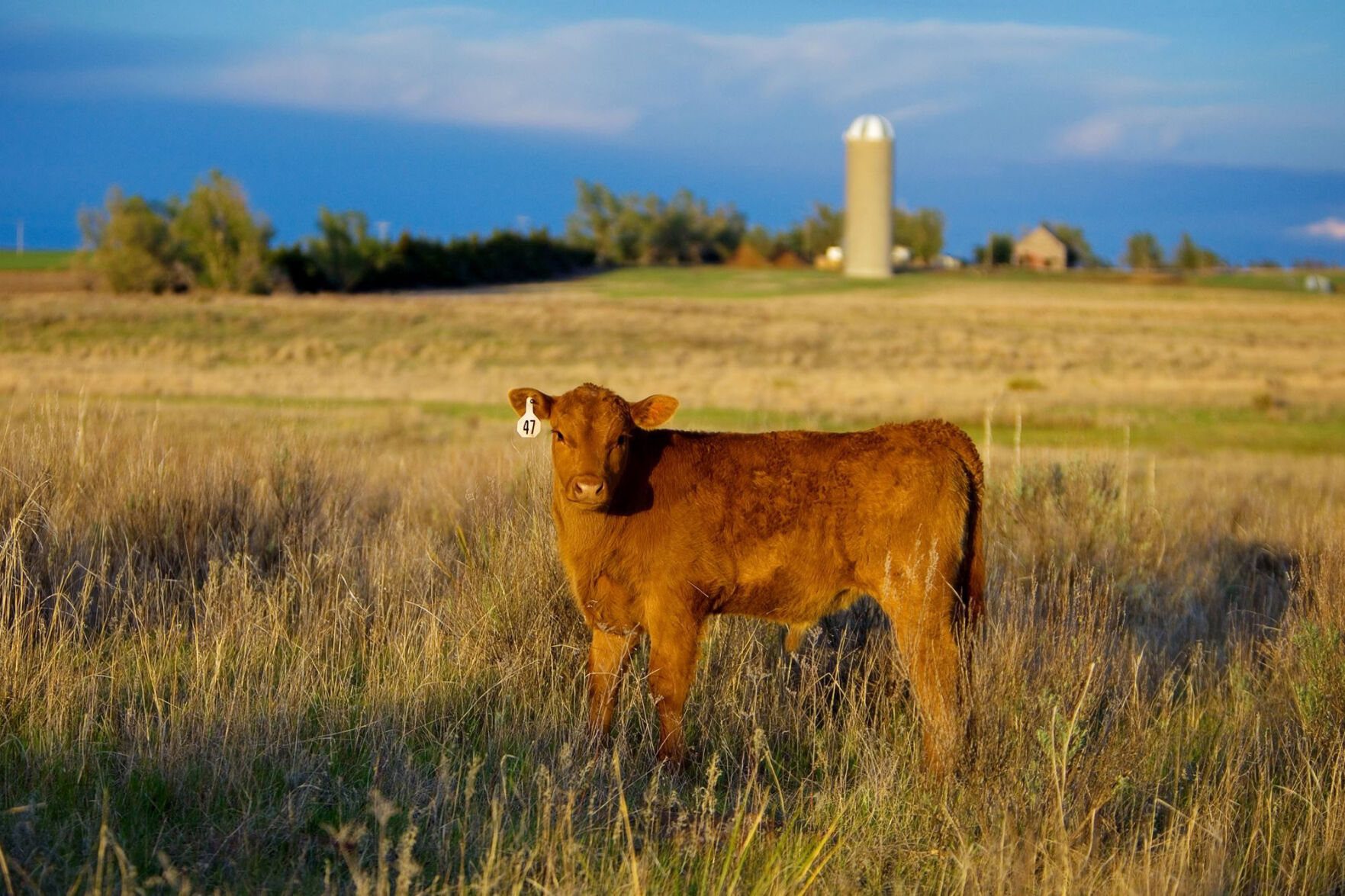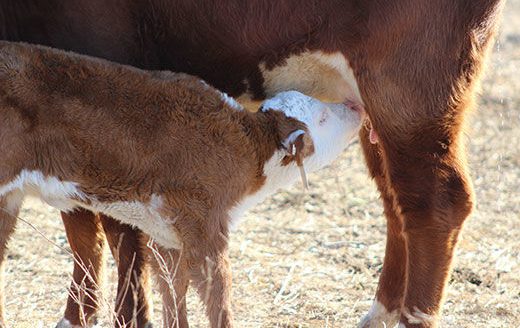What is an area where you would like to improve your calf raising? The chances are that the post-weaning transition phase comes to mind. Calves go through many changes in the transition phase—this is often their first introduction to group housing, a new barn and a new diet, all of which are stressful and can lead to performance slumps and health issues early in the grower phase.
Below is a brief list of recommendations to keep in mind when setting your calves up for success in the transition period.
1. Calf starter intake should determine weaning age and will determine transition success. Design your calf program to allow calves plenty of time to ramp up on calf starter pre-, during and post-weaning.
2. Dry matter intake of milk versus calf starter is a trade-off. Regardless of milk feeding program, the combined dry matter intakes (milk solids + calf starter) will be similar. Since calves on an intermediate or accelerated liquid feeding program typically have lower starter intakes, it is crucial to give them more time pre- and post-weaning to ramp up on calf starter intake prior to moving on to the next phase.
3. Even if “average” calf starter intakes are good, they are still an average. Be sure to identify low-intake calves early and give them more time to ramp up on starter intake before and after weaning.
4. Keep calves on calf starter after they move to their grower pen and avoid feeding TMR to newly weaned calves. Transitioning calves slowly onto their grower diet helps maintain intakes and set calves up for success in the grower phase.
5. Offering hay to calves in the first two months of life is optional and should not be considered a critical part of their nutrition program. When offered, hay should be introduced slowly and should be of higher quality with no signs of mold. Free-choice, high-quality starter intake is critical to good rumen development and growth in young calves in this period and will be the main source of nutrients to the calf just before and after weaning.
6. Offer free-choice, clean and fresh water at all times. Dairy heifers have an increased need for water during times of stress.


